Revolutionizing Healthcare with AI-Powered Drug Discovery & Diagnostics
- Get link
- X
- Other Apps
Revolutionizing Healthcare with AI-Powered Drug Discovery & Diagnostics
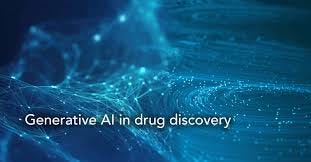
The Role of AI in Drug Discovery
Traditionally, drug discovery is a lengthy and expensive process, often taking years before a new drug reaches the market. AI-driven approaches, however, are significantly streamlining this process through:
- Predictive Analytics: AI algorithms analyze vast datasets to predict the effectiveness of potential drug compounds.
- Automated Drug Screening: AI accelerates the screening process, reducing the need for labor-intensive testing.
AI in Diagnostics: Precision and Early Detection
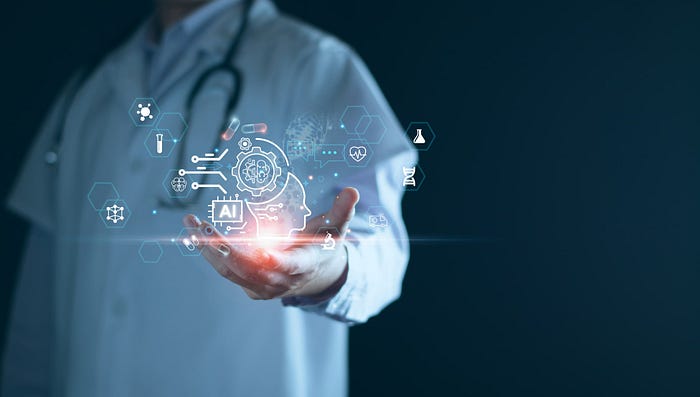
AI in Diagnostics: Precision and Early Detection
- Medical Imaging: AI interprets X-rays, MRIs, and CT scans with high accuracy, identifying anomalies that may be missed by human radiologists.
- Genomic Analysis: AI helps decode genetic data to detect hereditary diseases and tailor personalized treatments.
- AI Chatbots & Virtual Assistants: These tools assist in preliminary diagnosis and symptom analysis, improving patient engagement and accessibility.
Advantages of AI in Healthcare
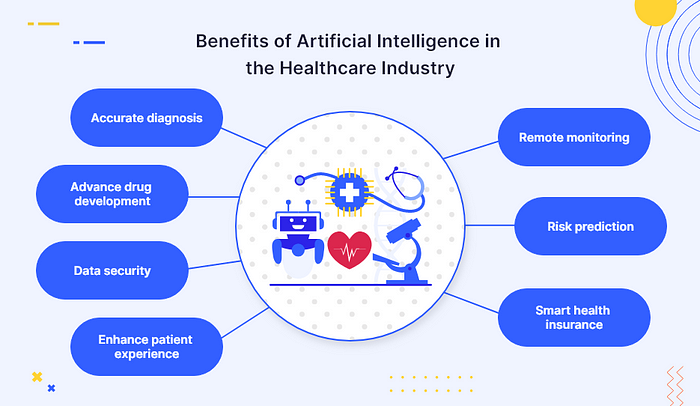
Advantages of AI in Healthcare
- Speed & Efficiency: AI significantly reduces research and diagnosis timelines.
- Cost Reduction: AI lowers operational and research costs by automating complex processes.
- Improved Accuracy: AI minimizes human errors in diagnostics and drug formulation.
- Personalized Medicine: AI facilitates the development of customized treatment plans based on individual patient data.
Challenges and Ethical Considerations
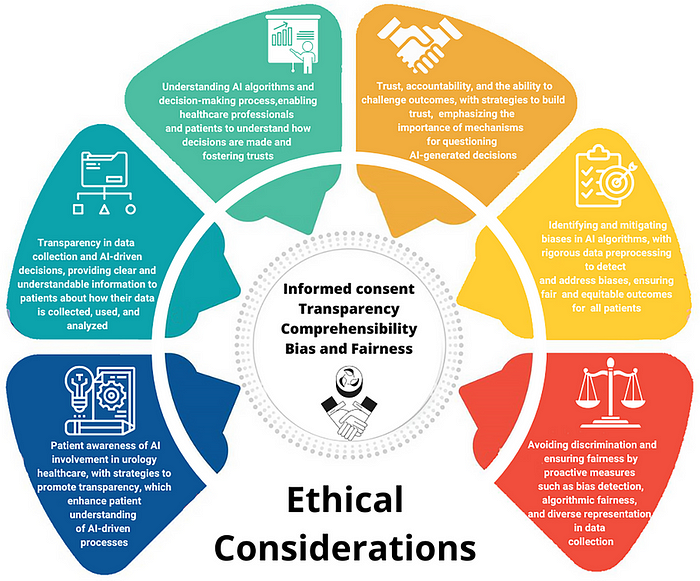
Challenges and Ethical Considerations
- Data Privacy & Security: Handling sensitive patient data requires stringent cybersecurity measures.
- Regulatory Compliance: AI-driven solutions must adhere to healthcare regulations and approvals.
- Bias & Accuracy: Ensuring unbiased AI models is crucial to prevent discrepancies in patient care.
Future of AI in Healthcare
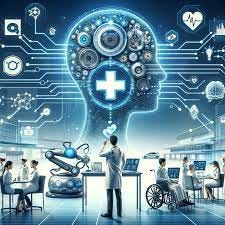
Future of AI in Healthcare
- Improve real-time disease outbreak predictions.
- Enhance drug repurposing for existing diseases.
- Foster collaborations between AI companies and healthcare institutions for greater innovations.
Frequently Asked Questions (FAQs)
1. How does AI improve drug discovery?
AI accelerates the identification of potential drug compounds, reduces research costs, and enhances accuracy through machine learning and predictive analytics.
2. Is AI replacing doctors in diagnostics?
No. AI acts as a support tool to assist medical professionals in making more accurate and timely diagnoses, but human expertise remains essential.
3. How secure is AI-driven healthcare data?
AI-driven healthcare systems employ robust encryption and compliance measures to ensure data privacy and security.
4. Can AI detect diseases earlier than traditional methods?
Yes. AI-powered diagnostic tools analyze data patterns more efficiently, enabling early detection of diseases like cancer, Alzheimer’s, and cardiovascular conditions.
5. How can I learn more about AI in healthcare?
To gain expertise in AI-driven healthcare technologies, consider enrolling in a Data Science Online Training program. Visit Naresh IT for more details.
AI-powered healthcare is not just the future — it’s the present. As technology evolves, its impact on drug discovery and diagnostics will continue to grow, bringing us closer to a world of efficient, personalized, and accessible healthcare solutions.
- Get link
- X
- Other Apps

Comments
Post a Comment